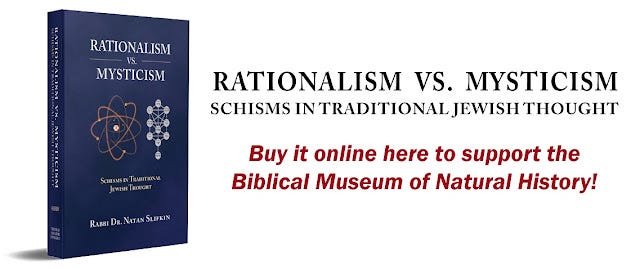The Myth of the "Mainstream" Position

Contrary to how it was misunderstood by some, the previous post, Rabbinic Mythbusting, was not about abortion per se; rather, it was about myths regarding halachah. In that post, I discussed the myth that the normative, mainstream position among halachic authorities is that abortion is unequivocally a form of murder. To this I responded by pointing out that many rabbinic authorities over the ages took the view that abortion, while generally prohibited, is not homicide in any shape or form.
Subsequently, I came across an article that is perhaps even more extraordinary than the popular myth of the unlearned. It's called "The Jewish Approach to Abortion" and it's from Morasha, which seems to be some sort of institution for providing learned Torah analyses of various topics for use in a study syllabus.
Early on, the article notes that "The mainstream opinion in Jewish Law is that abortion is considered murder." However, a page later, it states that "While the mainstream traditional Jewish approach is that expressed by Rabbi Feinstein – that abortion is forbidden for a Jew because it is deemed a form of murder – nevertheless, other halachic authorities have expressed differing opinions on the matter." And it proceeds to cite some of the many Rishonim and Acharonim and contemporary Gedolei HaPoskim who state that abortion is not a form of murder, from Ramban to Maharit to the Chavot Ya'ir to Rav Benzion Uziel to Rav Waldenberg to Rav Wosner. (To this list, one could add Rashi, Rav Aharon Shmuel Kaidanover, Tosafos Yom Tov, Rav Chaim Pilaggi, Rav Chaim Ozer, and numerous others.) But then towards the end, the article insists that "The mainstream opinion, written by Rabbi Moshe Feinstein, is that an unjustified abortion is considered an act of murder."
It's extraordinary. Since Morasha is putting out an article for use as a study syllabus, they have to provide a range of sources. And they are fully aware that many of these - in fact, probably the majority - state that abortion is not an act of murder. And yet they insist that the opinion of Rav Moshe Feinstein is "the mainstream traditional Jewish approach"!
How does a learned writer come to make such a statement that is contradicted by the rest of his own article? I would suggest that from his perspective, "mainstream traditional" simply means what is the norm in his particular segment of the Anglo-charedi litvishe world. And the word "traditional" is being used in its peculiar charedi sense where it does not mean how things were done, but rather how things are done.
(But it goes even further. It's not even the norm, it's just what is voiced as being the norm. It probably still doesn't even accurately reflect how actual instances of this situation were dealt with, since in practice poskim would not follow Rav Moshe's stringent approach. How many times have you heard of a single charedi girl giving birth?).
This is a very, very common mistake, which appears in all kinds of situations. People talk about "the Gedolim" when they mean the particular rabbanim of their own narrow community. People talk about "the Torah perspective" when they really mean one particular perspective out of several in traditional Judaism. They subconsciously (and sometimes consciously) studiously avoid the notion that there is diversity of thought in Judaism, even if their own perspective is the minority perspective.
I think that it's particularly ironic when this distortion occurs regarding the position of Rav Moshe Feinstein, because he himself was a believer in rabbinic independence rather than conformity. He was once sent a question by a rabbi in Bnei Brak who wanted to know if he was allowed to dispute the view of the Chazon Ish, another resident of Bnei Brak who was widely respected as the Gadol HaDor. R. Feinstein notes that it is permitted to disagree even with one’s teacher; all the more so with a rabbi who is not one’s teacher, and the difference in age or stature is irrelevant. (Iggrot Moshe, Yoreh De’ah III:88; see also Iggrot Moshe vol. 2, Yoreh De’ah I:101, p. 186, where he even permits disputing Rishonim.)
Soon, I will be posting about another halachic topic regarding which that which is assumed to be the normative, mainstream, traditional halacha actually has zero basis in classical sources and is directly contradicted by them. Meanwhile, if you can think of further examples, I'd love to hear them.



